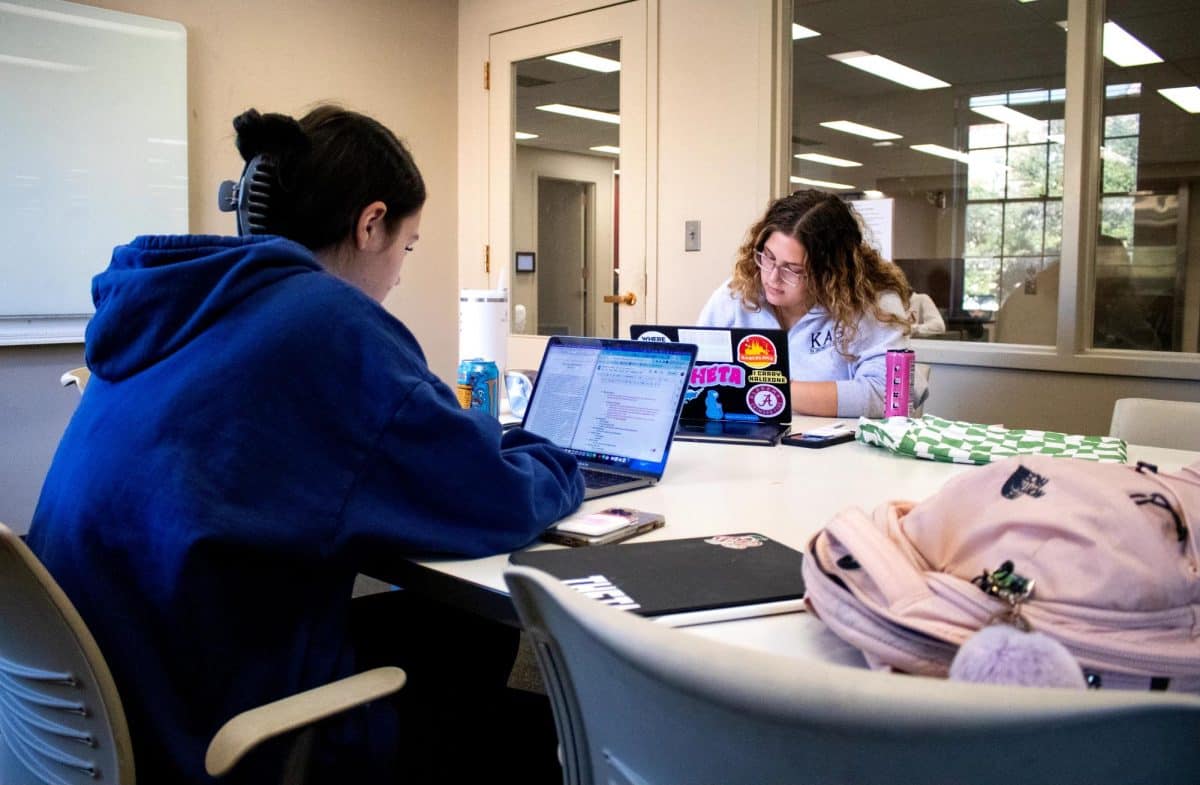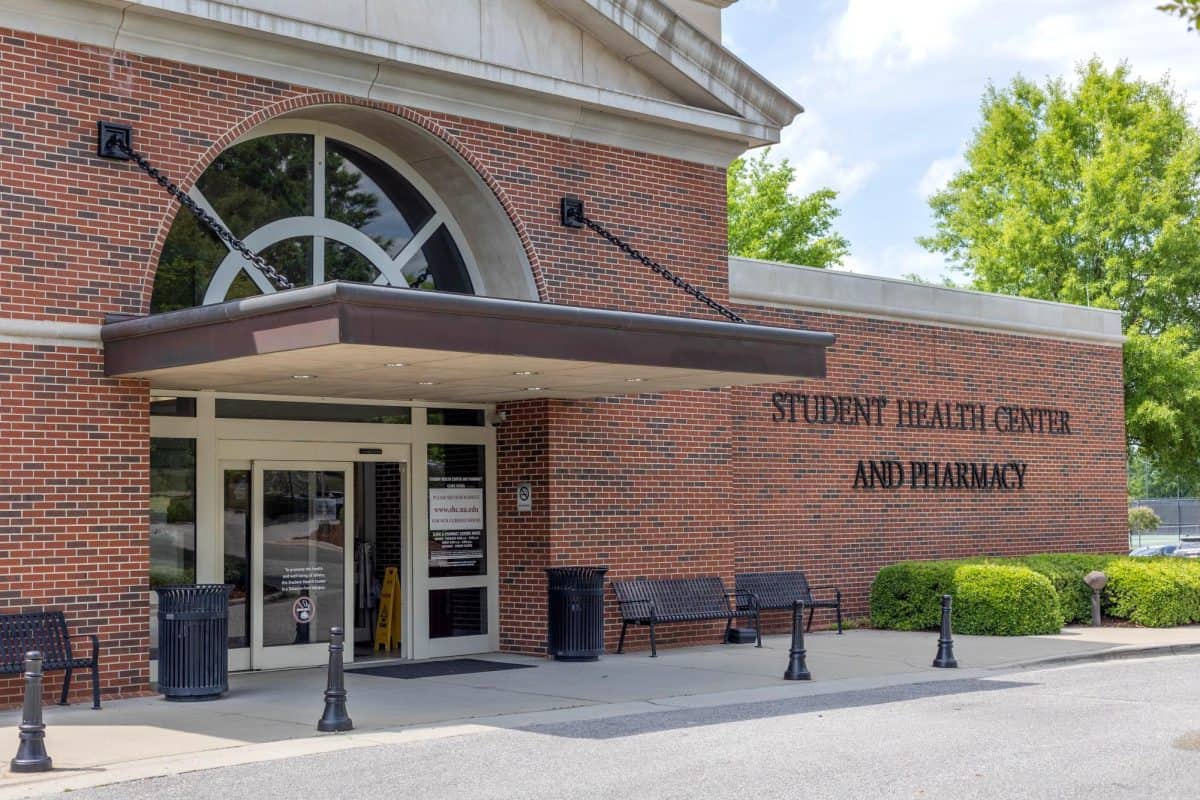I’m writing in response to Wesley Vaughn’s article describing the Capstone as a “Twenty-Minute University.” Though I appreciate Wesley’s passion, I’m sad that his experience at the University of Alabama has been so different than mine. In defense of a good thing, I would like to share some of my insight.
Firstly, I appreciate and agree with the conclusions that Dr. Bonner draws from her statistics. I also understand Wesley’s aversion to such statistics. While to the analytical mind these numbers are a sign of excellent academic quality that continues to improve, they can’t describe a student’s experience here, so I’d like to offer some qualitative observations.
I have found The University of Alabama to be the most student-centered university I’ve ever heard of. As a freshman, I wrote Dr. Bonner about extending the add-drop period, believing it would help students make better choices about what classes to take. She responded the next day, highlighting the logic of the current one-week system, but offered to set up an appointment to discuss this issue with me.
This, in itself, is amazing. Though Wesley seems outraged that the administration hasn’t asked him about University policy, he doesn’t seem concerned that Steve Jobs hasn’t called him for his opinion on his iPod. Indeed, the fact that the provost takes the time to read the student opinion section of the campus newspaper speaks volumes.
Though Wesley perceives the Honors College as a divisive entity, I believe that the Honors College is one of our greatest forces for campus unity. Even he cannot deny that the faculty leading the Honors College – who, of course, were handpicked by our administration – are among the most caring in the country.
They are unlike any faculty I’ve ever heard of: not only meeting daily with students, but going out of their ways to ensure individuals’ success. It is true that honors students connect through the Honors College; but in a university of 30,000 students, it’s not possible to know every fellow student.
The Honors College provides a sense of community to the thousands of students involved in its programs, yet I never once have a felt a separation from or lack of a “roll tide” sentiment with a UA student because he was not himself involved. The Honors College serves as an opportunity for students to meet each other, and if it did not exist, Wesley’s divide would instead revolve around Burke and Tutwiler or members of Apwonjo and members of AXBY. The Honors College remains a target, however, because of a failure to understand this and because of the misperception of elitism.
And I’ve found plenty of personalized support here at the University, with many programs unmatched at any other institution in the country. New College, Blount and the University Scholars Program cater to students with creative academic goals, while the Writing Center and tutoring services help individual students. Creative Campus, the Community Service Center, the Center for Ethics, and the Office of Student Involvement help maintain a vibrant campus life.
And while Wesley implies that the University fails to offer a personalized academic experience for all students, most students neglect to take advantage of important tools like professor’s office hours.
This article is no different than many of Wesley’s others: highlighting perceived campus issues, criticism of the administration, provocative prose that has words like “deceptive” and “skewed.” By the end of the article, even if filled momentarily with righteous indignation, the question remains: What does Wesley Vaughn want?
I am always forced to conclude that Wesley is writing on behalf of the broader student body, especially as he makes bold statements like, “[e]nrolled students already think the administration actively engages every audience except for them.” Yet I do not believe that the broader student body feels nearly the level of resentment towards the UA administration that CW opinion page writers, and especially Wesley Vaughn, feel.
I do not necessarily suggest that Wesley is wrong. I, too, have been inconvenienced by limited parking and larger class sizes, but I genuinely feel that the University of Alabama continues to make progress. Indeed, I eagerly await the recommendations promised by Wesley’s blog about ways that the administration can improve his alleged divide between themselves and the student population.
Tell us, Wesley, what these necessary support services that our university fails to offer are! I welcome any proposals for tangible, feasible improvements to our campus. And I’m sure Dr. Bonner does as well.
Joe Pavlisko is a senior majoring in economics, political science and finanace.








